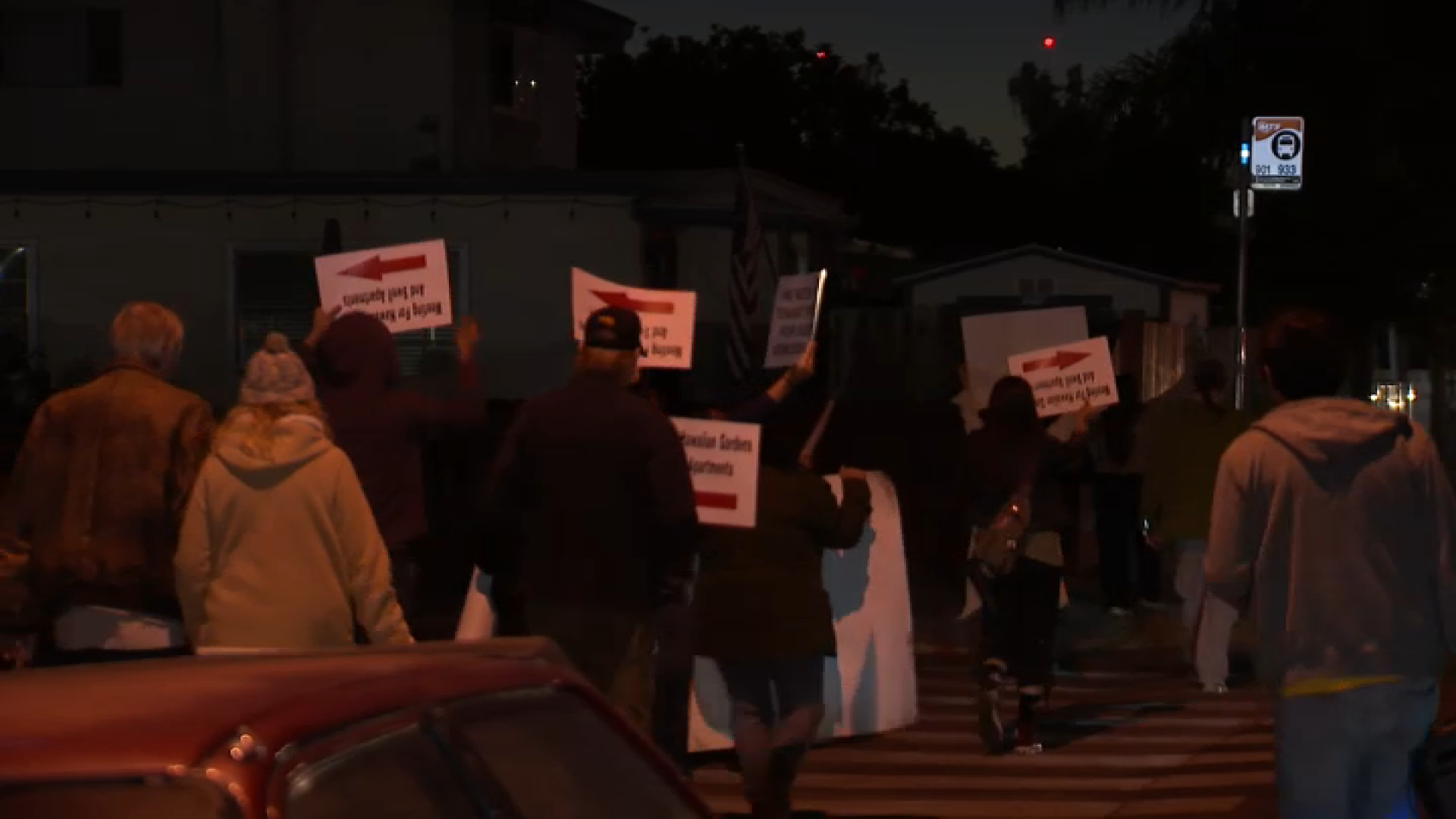A recent article in the Washington Post that analyzed data behind migrant arrivals at the U.S.-Mexico border suggests that, based on the numbers, there isn't actually a "surge."
A San Diego immigration expert shared his reaction to the piece, saying it's both right and wrong.
The images we see, the words we hear and the people often interviewed all paint a picture of the U.S.-Mexico border. The Washington Post article reports, based on analysis of U.S. Customs and Border Protection data going back to 2012, the migrants coming to the border aren't part of a surge, and what we are seeing is instead the usual seasonal increase combined with a delay from the pandemic.
“From a humanitarian perspective, determining it as a crisis is perfectly acceptable," said Everard Meade, director of the Trans-border Institute at the University of San Diego's Kroc School of Peace Studies. "From an immigration perspective, it’s not. The numbers just don’t justify it."
Get top local stories in San Diego delivered to you every morning. Sign up for NBC San Diego's News Headlines newsletter.
Apprehensions at the border are on a decreasing long-term trend, according to Meade. Also from January to February of 2019, the number of apprehensions spiked 31% compared to the 28% reported during the same time this year.
“This number is a climb and it means we are sort of back to where we were in 2019. And 2019 was the year of those big caravans, where at one point we had 6,000 people in Tijuana trying to get into the United States,” said Meade.
Meade said the conditions in migrants' home countries and the countries they pass through play a big role in determineing if migrants make the trip to the United States border.
Local
"Whether they’re doing it in the desert or on the river or they’re entering through the port trying to apply for asylum, they don’t come because of what the guy in the White House says or doesn’t say,” explained Meade.
As for the unaccompanied migrant children arriving at the border, Meade didn't hesitate to label it a humanitarian crisis the U.S. has a responsibility to respond to.
“The fact that the parents make an ethically risky, ethically questionable decision or put their kids at risk, doesn’t change our responsibility as a civilized society to those kids one iota,” said Meade.
Meade said he believes the real issue isn't that our border is overrun or overwhelmed with an immigration surge, and instead it's the backlogged system that takes years to process the migrants in the first place.
“We’ve got a million and a half cases, give or take, pending before immigration courts," said Meade.
In all, Meade said there are legitimate questions for the Obama, Trump and Biden administrations as to why the United States can’t seem to figure out a solution.



